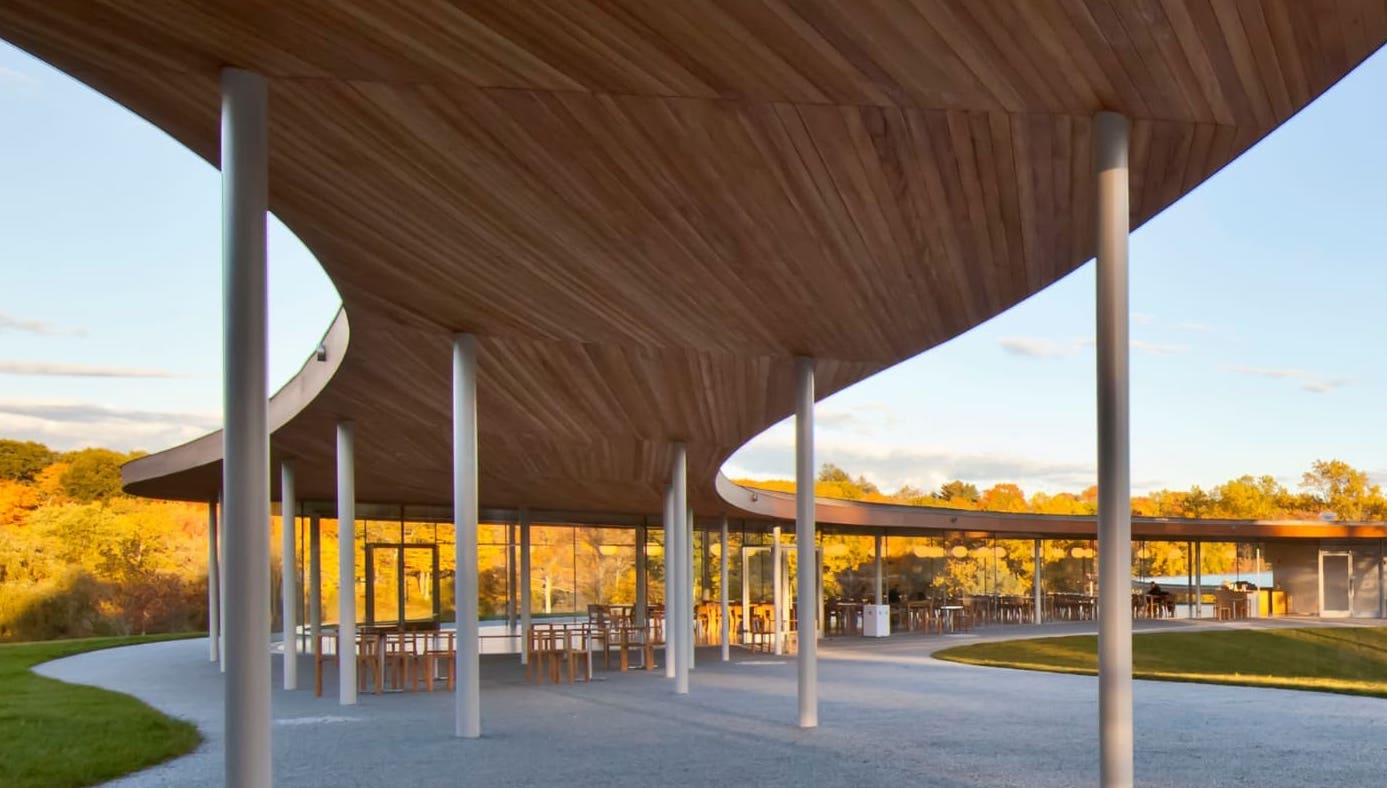
Heritage sector publishes action plan to tackle skills gaps
A new heritage skills strategy has been launched to help address recruitment challenges across the sector
The launch of the Historic Environment Skills and Careers Action Plan for England (HESCAPE) marks the culmination of 18 months of research, coordinated through the Historic Environment Skills Forum.
The forum, which brings together more than 170 members from across the sector, is chaired by Historic England and supported by a range of stakeholders.
HESCAPE identifies priority actions to guide long-term skills development in the sector. These include:
- Enhancing retrofit training to better reflect heritage sector
- Securing resources for career entry opportunities
- Piloting a shared apprenticeship programme for the heritage sector
- Embedding heritage skills into mainstream education courses
Key challenges
The plan also highlights key skills that face immediate challenges due to shortages and knowledge gaps, such as:
- Climate change adaptation (retrofit)
- Plastering and carpentry/joinery (for traditional buildings)
- Post-excavation specialist (archaeology)
- Industrial heritage conservation
- Managing change in the historic environment (heritage planning)
The plan outlines a structured approach to addressing these skill challenges, with a delivery framework managed by newly formed working groups that report to the Skills Forum Steering Group.
Phil Pollard, heritage career pathways manager at Historic England and chair of the Historic Environment Skills Forum, said: “We are proud to be leading and supporting the heritage sector in addressing the skills challenge we face.
“Collaboration between business, professional bodies and national heritage organisations is vital for us to achieve real impact, and the HESCAPE action plan provides a prioritised strategy for delivering this.”
Strategic approach
Conservation contractor DBR, a founding member of the Historic Environment Skills Forum, is expected to play a lead role by helping to drive key initiatives across the sector.
Adrian Attwood, executive director at DBR, said: “This work is vital to ensure we are building a resilient workforce with the right skills to meet both current and future demands.
“As the sector evolves, having a strategic approach like HESCAPE will help us address the key challenges head-on, ensuring that our workforce is equipped to safeguard and maintain England’s historic environment."
The Historic Environment Skills Forum also plans to establish regional heritage skills networks across the country, aimed at mobilising local organisations to identify and respond to regional skills priorities.
Individuals and organisations can sign up to participate in the working groups via the Historic Environment Skills Forum’s online community here.







